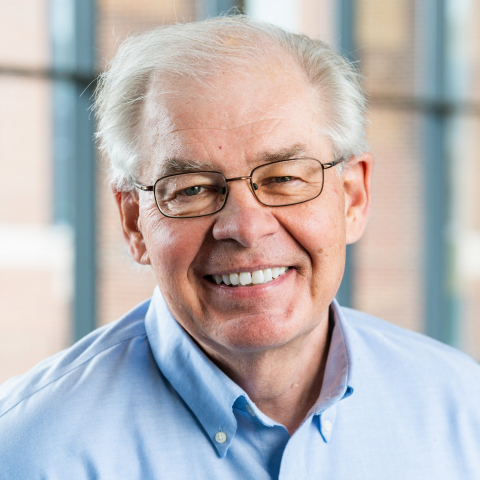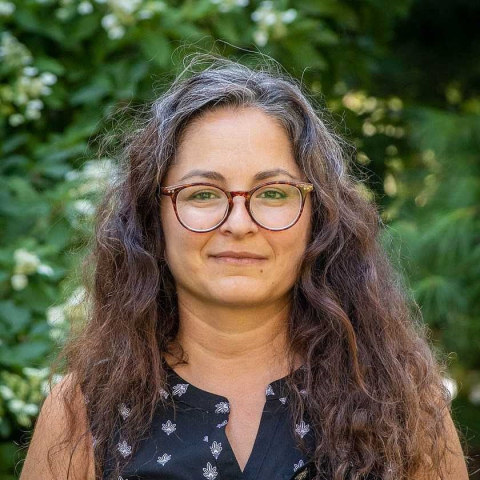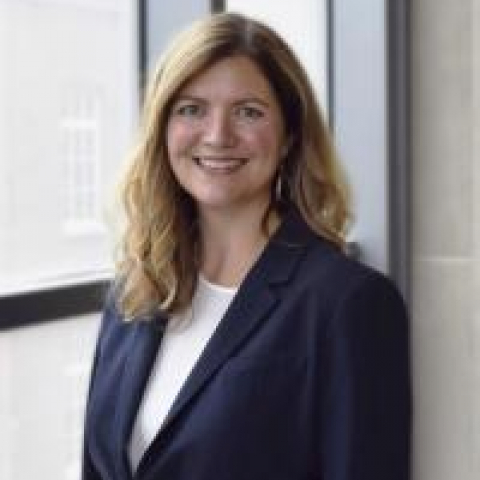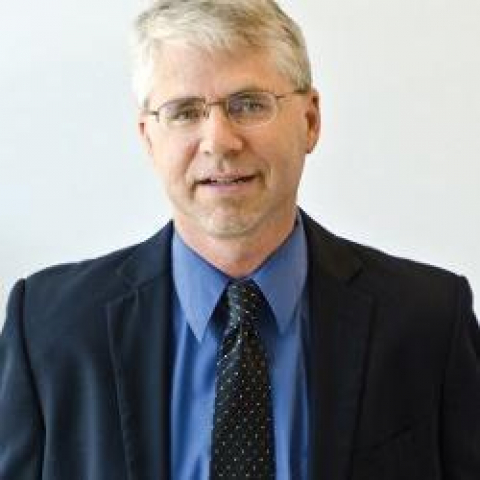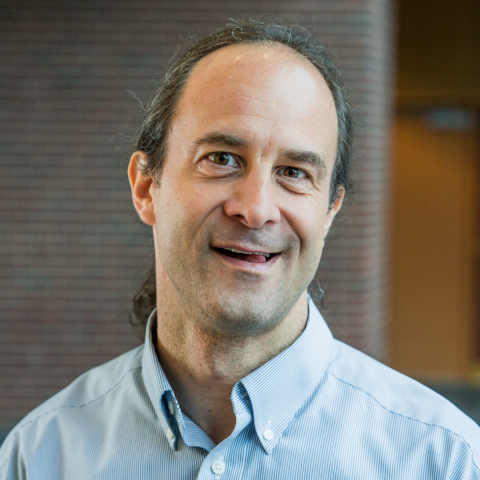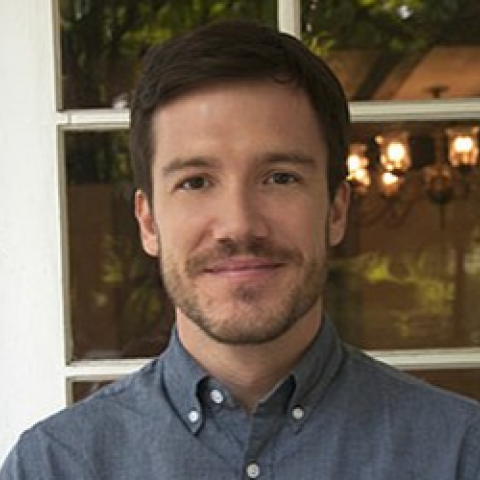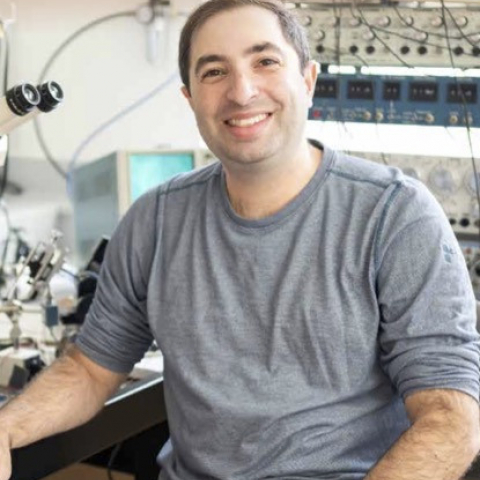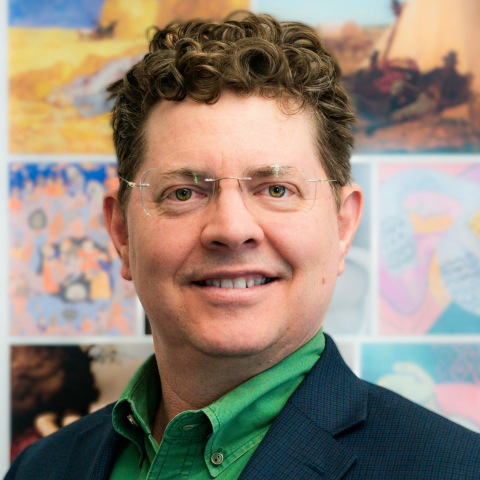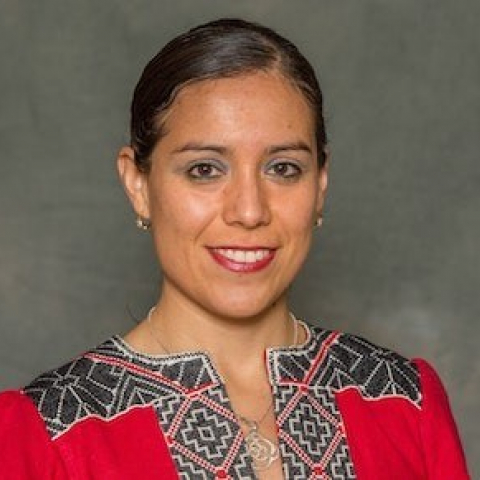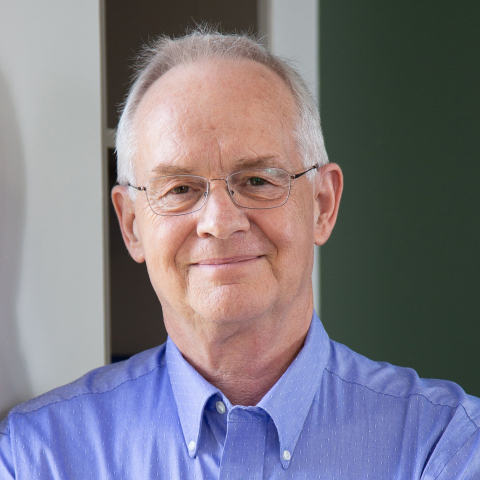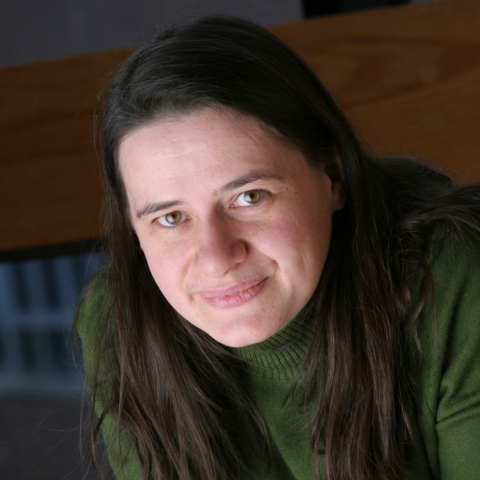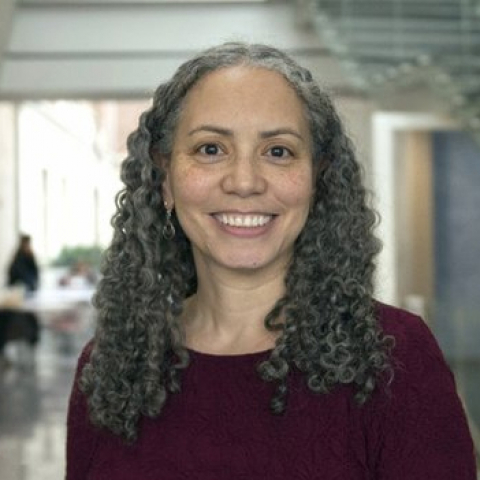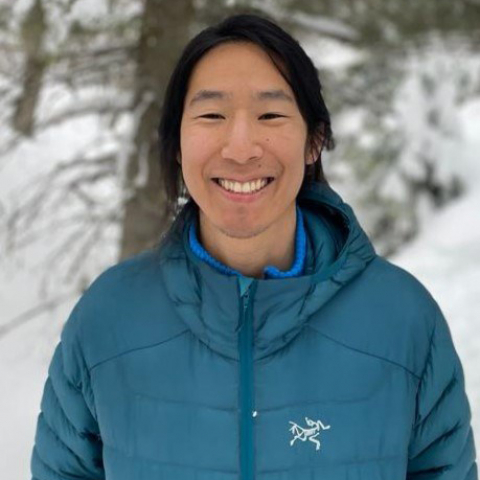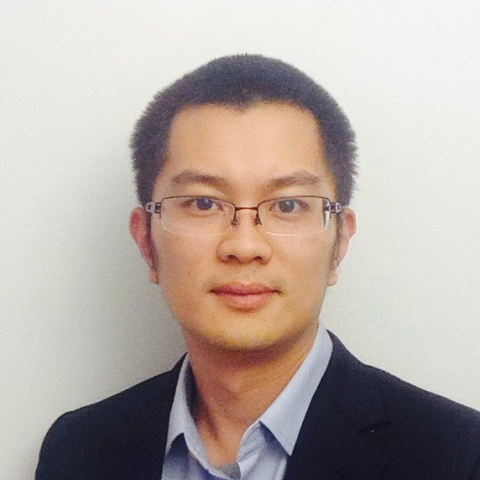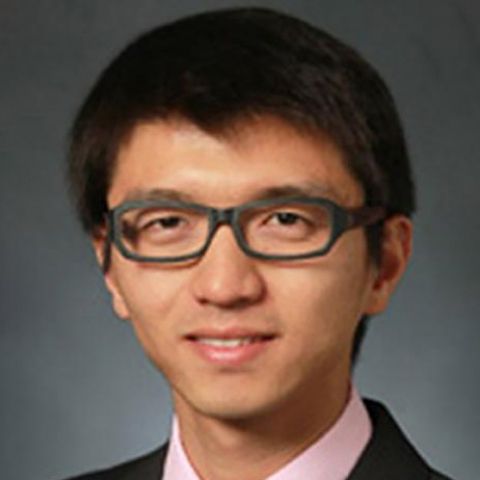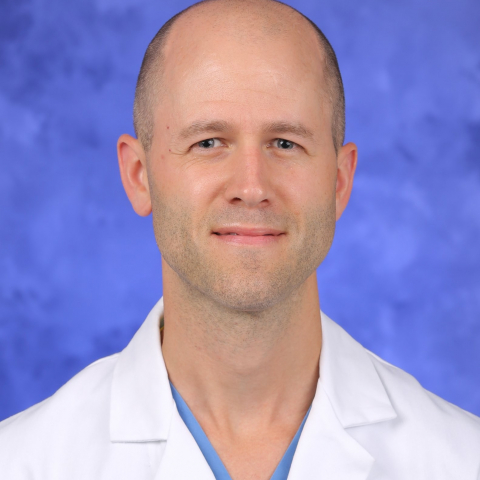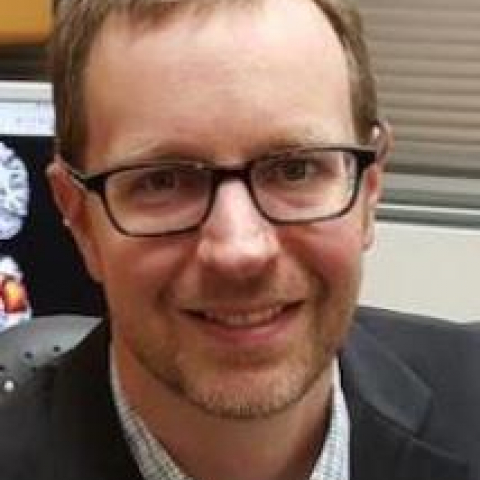Faculty
Kevin Alloway
Professor Emeritus of Neural and Behavioral Sciences
Neural basis of sensorimotor integration neuroanatomy, neurophysiology, optogenetics.
Etya Amsalem
Associate Professor of Entomology
The evolutionary development and the mechanistic basis of social behavior in insects using an integrative approach encompassing chemical, genetic and physiological tools
Emily Ansell
Professor of Biobehavioral Health
Advancing research surrounding stress and addiction.
Peter Arnett
Professor of Psychology
Clinical neuropsychology, neurocognitive effects of multiple sclerosis, and the neurocognitive and emotional consequences of sports-related concussion in collegiate athletes.
Paul Bartell
Associate Professor of Avian Biology
The regulation of biological clocks in birds at the systems level.
Roger Beaty
Associate Professor of Psychology
The cognitive neuroscience of creative thinking and problem solving.
Sheri Berenbaum
Professor of Psychology and Pediatrics
Development and neuroendocrine basis of human sex-typed cognition and social behavior.
Katie Burkhouse
Associate Professor
Dr. Burkhouse’s program of research broadly focuses on identifying behavioral-brain risk phenotypes and preventive interventions for youth depressive disorders. Much of this work focuses on utilizing multiple levels of analysis (i.e., behavioral, ecological momentary assessment, EEG, fMRI) to identify cognitive-affective and reward processing styles involved in the transmission of depression from parents to their offspring. A second focus of her research involves applying this mechanism-based work to prevention efforts for youth at high risk for internalizing disorders. The ultimate goal of this work is to improve the identification and prevention of internalizing disorders in children and adolescents.
Kristin Buss
McCourtney Professor and Head of Psychology
The complex systems involved in the development of emotion, emotion regulation, temperament, and adjustment from infancy to early adolescence
Orfeu Buxton
Elizabeth Fenton Susman Professor of Biobehavioral Health
The causes of chronic sleep deficiency in the workplace, home, and society; the health consequences of chronic sleep deficiency, especially cardiometabolic outcomes, and the physiologic and social mechanisms by which these outcomes arise. Successful aging is a central focus of this work. Ongoing interdisciplinary human studies involve sleep loss, aging, and insomnia, as well as health disparities.
Laura Cabrera
Huck Early Career Chair in Neuroethics; Associate Professor of Engineering Science and Mechanics
The ethical and societal implications of neurotechnologies used for treatment as well as for enhancement purposes.
Douglas Cavener
Huck Distinguished Chair in Evolutionary Genetics; Professor of Biology; Former Dean, Eberly College of Science
Regulation of protein synthesis and control of translation initiation of mRNAs in higher eukaryotes and the evolution of tissue specific transcriptional regulation.
Sonia Cavigelli
Chair, Intercollege Graduate Degree Program in Neuroscience; Associate Professor of Biobehavioral Health
Development of temperament/personality; relationship of temperament and social status to stress and health; individual differences in stress and health in the natural environment.
Anne-Marie Chang
Assistant Professor in Biobehavioral Health
Genetic analysis of sleep and circadian rhythms, cardio-metabolic function in humans; effects of light on sleep, circadian physiology, and neurobehavioral performance.
Christopher Chen
Assistant Professor of Neural and Behavioral Sciences
Understanding cerebellar nonmotor functions by examining its connections with the rest of the brain.
Bo Cheng
Associate Professor of Mechanical Engineering
Bioinspired robotics and animal locomotion
Ephraim Church
Associate Professor of Neurosurgery, Neurology, and Radiology
Cerebrovascular neurosurgery (including direct bypass for moyamoya disease, intracranial stenosis and complex cerebral aneurysm) as well as endovascular neurosurgery and medical ethics
Eric Claus
Associate Professor of Biobehavioral Health
Identifying neural and cognitive mechanisms that support behavior change in substance use disorders.
